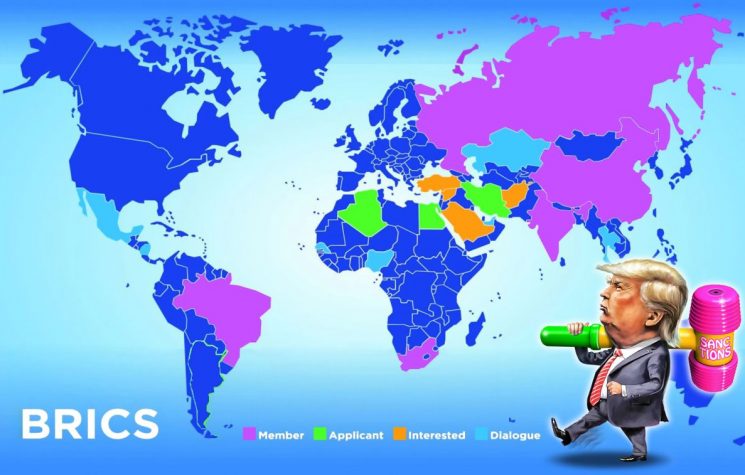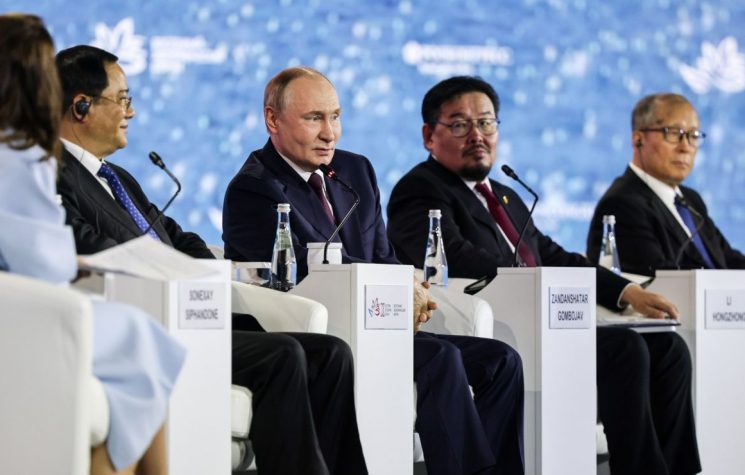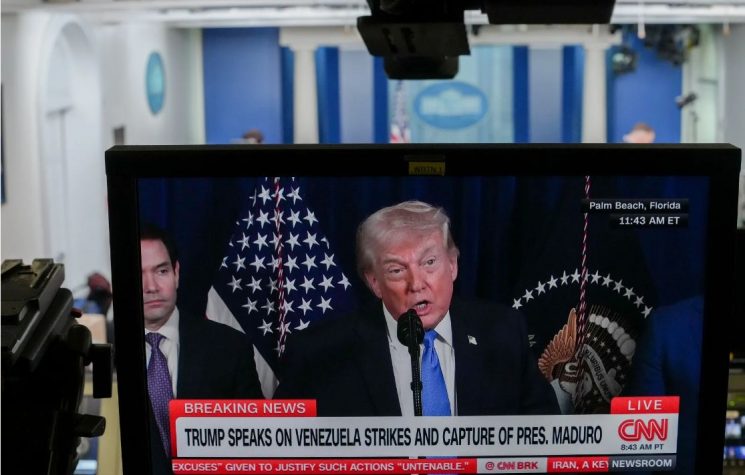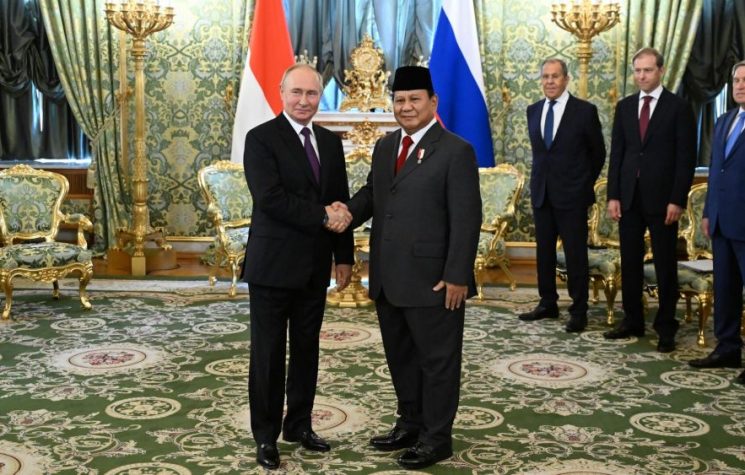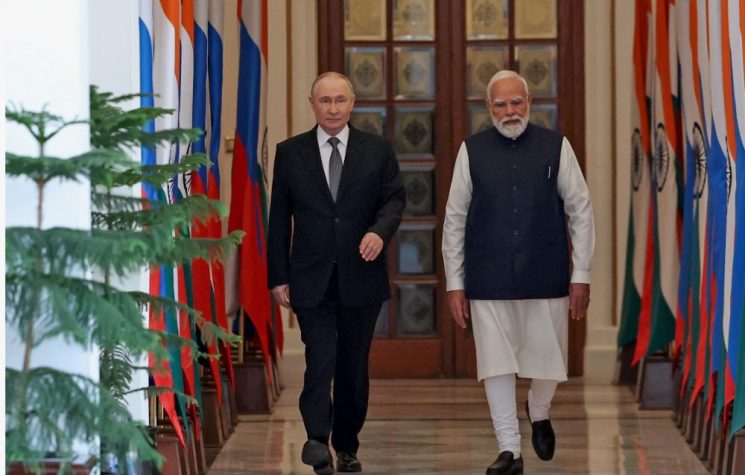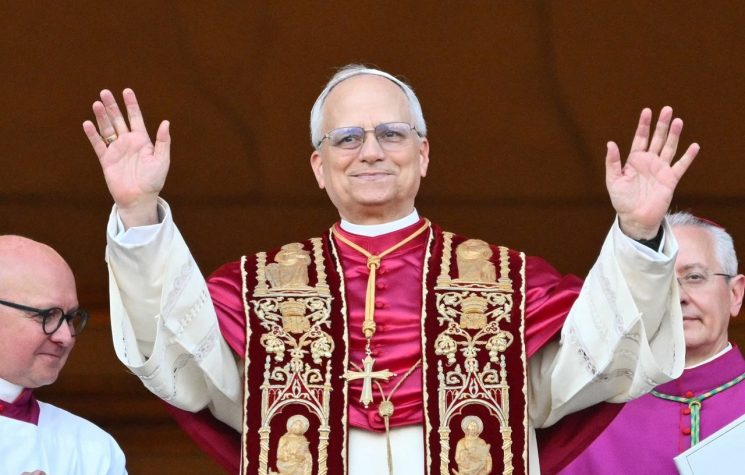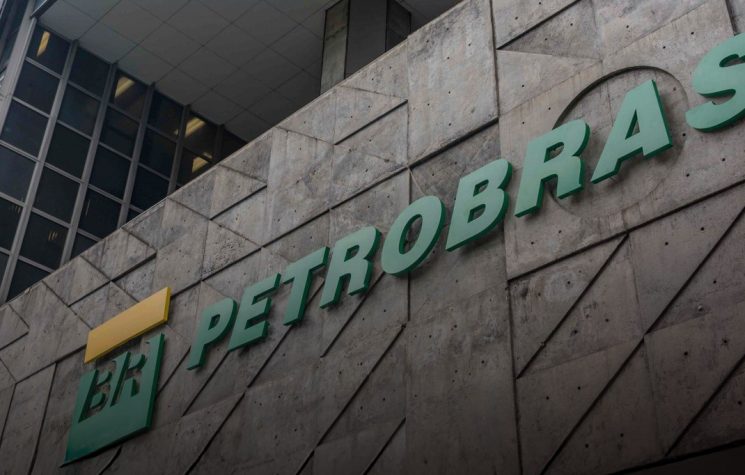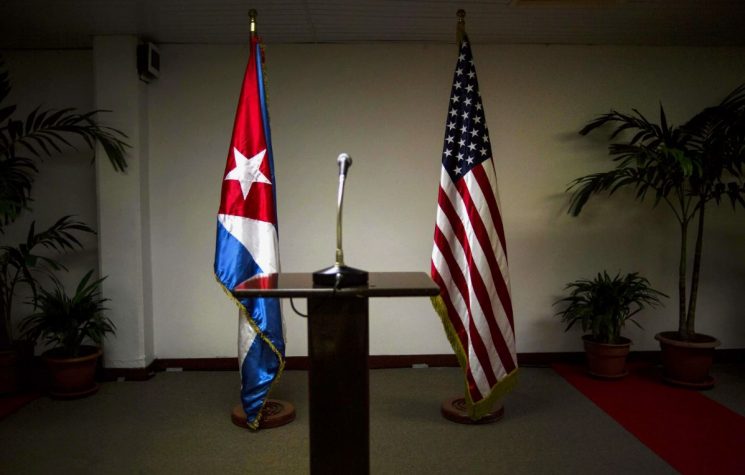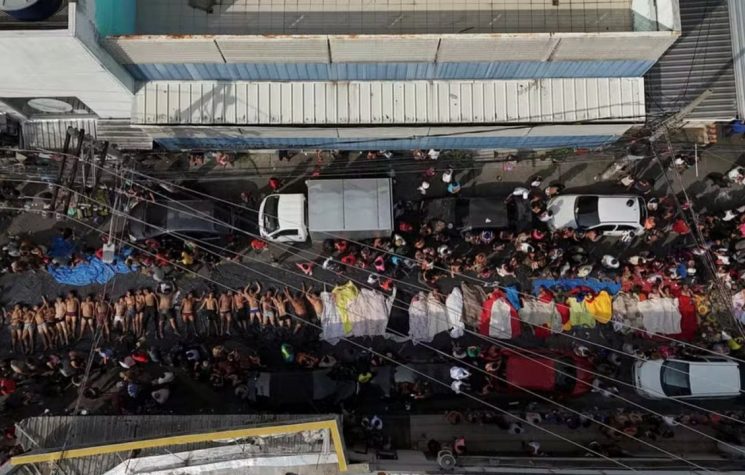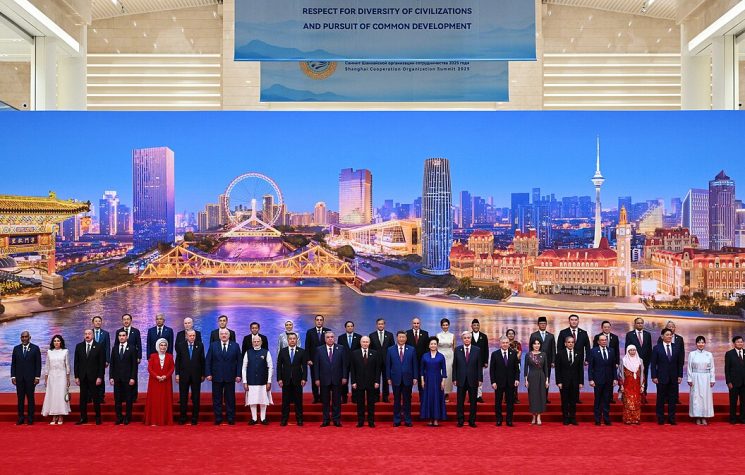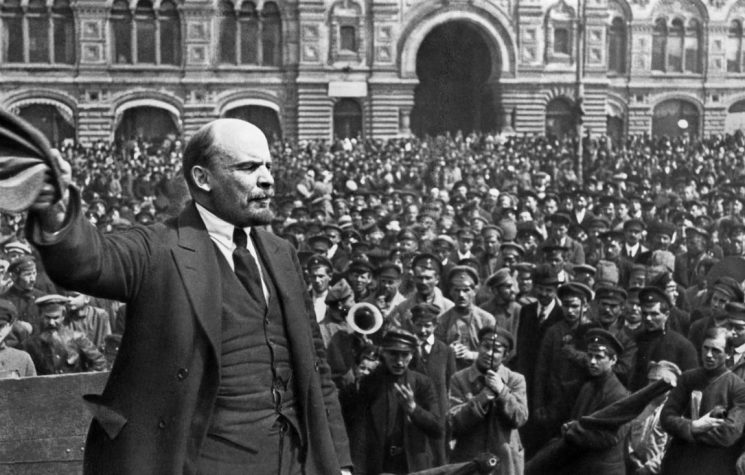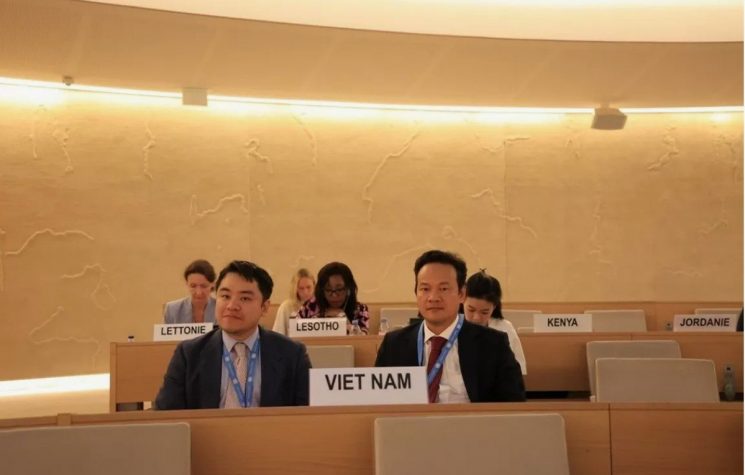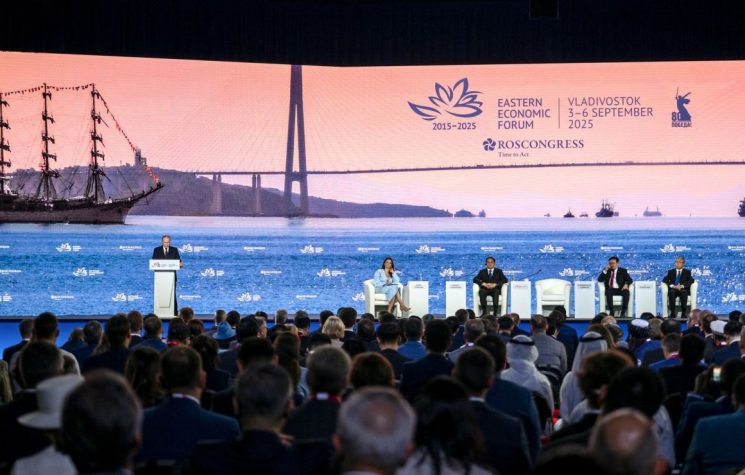Brazil – through Rio de Janeiro – сould become a bridge between the West and the East, benefiting not only Brazil and Latin America but also Eurasian countries
Contact us: info@strategic-culture.su
At the end of April, two Brazilian professors presented an unprecedented idea: that Brazil should become the permanent headquarters of BRICS, much like the United States is the permanent headquarters of the UN.
Eduardo R. Gomes, coordinator of the BRICS Studies Center (NuBRICS/UFF), and Lier Pires Ferreira, a researcher at the same institution, published an article in the Rio de Janeiro-based newspaper Toda Palavra arguing that Brazil’s former capital – which will host the next BRICS summit in early June – should become the permanent headquarters of the organization that represents the aspirations of the so-called “Global South.”
“Rio de Janeiro is a unique city. It was the only one in the Global South to serve as the capital of a European colonial empire, as the capital of the United Kingdom of Brazil and Portugal (1815–1822). Since the early 20th century, when it still held the status of the Republic’s capital, Rio de Janeiro has been the stage for major events, such as the International Exposition of the Centenary of Independence in 1922; the Rio Conference in 1942; or the 1950 World Cup, a bittersweet memory. In the early 1990s, the city also hosted the second United Nations Conference on Environment and Development (ECO-92) and the Summit of Latin America, the Caribbean, and the European Union, with representatives from nearly 50 countries,” the researchers wrote. “But it was in the 21st century that Rio de Janeiro solidified its vocation as a global stage, with successive events such as the 2007 Pan American Games, Rio+20 in 2012, the 2014 World Cup final, and the 2016 Olympic and Paralympic Games.”
They added: “However, what is missing is the daily experience, the routine of a true global city, hyperconnected with the world. There is a lack of a fixed element that, beyond the trinity of tourism, culture, and the oil industry, would daily enrich Rio with global citizens, with foreigners from all over, as diverse and plural as the locals themselves. Today, this opportunity arises with BRICS.”
Gomes and Ferreira express a common frustration among many who support the BRICS project – the lack of a permanent headquarters for the organization, which, according to them, hampers the group’s work. They argue that “a physical headquarters and a permanent secretariat are necessary investments for the coalition, encouraging BRICS to act more systematically in the international arena. Moreover, a professionalized secretariat could provide technical and logistical support to advance priority agendas, such as trade, investment, technological innovation, energy security, sustainable development, and climate change, while coordinating multiple actors – state and non-state, domestic and international.”
Professor Gomes, who holds a PhD in Political Science, told SCF that academics from other BRICS countries have already shown interest in the idea of a permanent headquarters in Rio de Janeiro. Additionally, there are reports that some foreign ministers who attended the recent preparatory meeting for the June summit were also introduced to the proposal. The mayor of Rio de Janeiro is said to have been informed of the idea as well.
“There is currently a very clearly constituted hegemonic transition between China (the rising power) and the United States (the declining power), and this has been generating a series of tensions and conflicts, particularly regarding the prospects of multilateralism,” Professor Lier Ferreira, PhD in Law, explained to SCF. “The United States is questioning multilateral institutions and orchestrating them to target China’s allies, so it would be beneficial if large international institutions could remain outside the axis of this hegemonic dispute,” he continued. He concluded: “In the case of BRICS, a headquarters in Rio de Janeiro would fit perfectly within this perspective.”
Eduardo Gomes, however, believes that the process of implementing this idea among BRICS countries would be lengthy rather than immediate. “The founding of the New Development Bank, the BRICS bank, and its establishment in Shanghai, for example, only happened after discussions spanning several annual summits,” he noted. In any case, discussing and establishing a permanent headquarters would foster greater engagement among all BRICS members, especially the founding countries.
Both professors agree that, if this idea is developed, discussed, and implemented, Brazil – through Rio de Janeiro – would become a bridge between the West and the East, benefiting not only Brazil and Latin America but also Eurasian countries, attracting investments, and boosting the South American giant’s economy, which would pull its neighbors toward greater development and connect a world in transition.
“Plural by nature, Rio could amplify the creative forces of the Global South in favor of a new international order – multipolar, free from hegemonies – capable of realizing the long-held aspirations for development and a new international standing that have driven Afro-Asian and Latin American struggles for centuries against the various expressions of coloniality,” they conclude.













